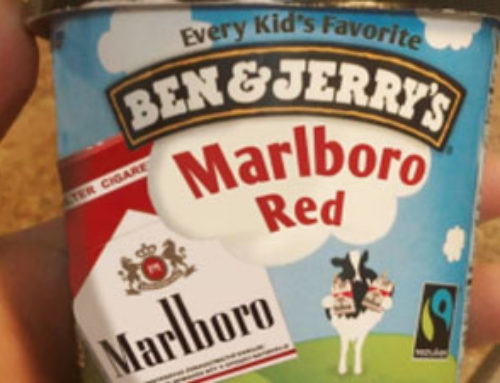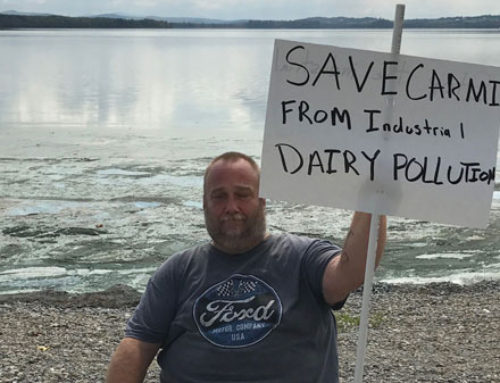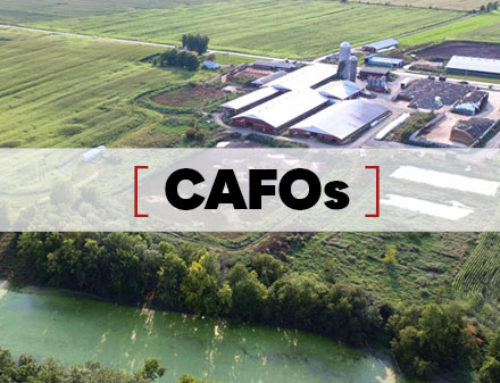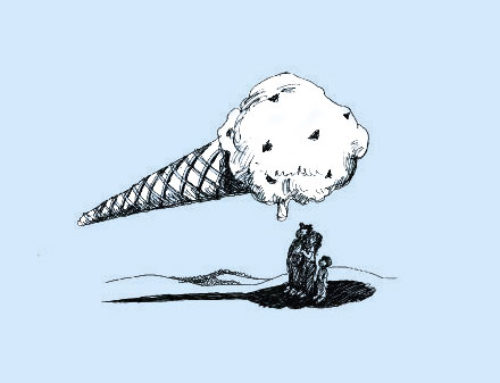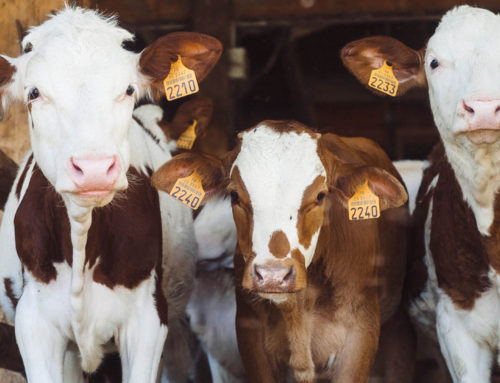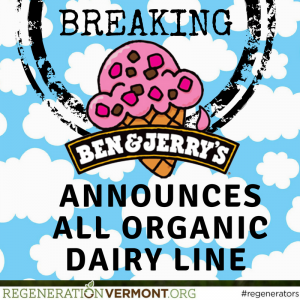 Ben & Jerry’s announced Monday that their company was taking steps to respond to growing consumer pressure to clean up the sourcing of their ingredients. The changes announced are twofold: a move away from glyphosate-dried crops and a new product line that will be made with organic dairy as its base.
Ben & Jerry’s announced Monday that their company was taking steps to respond to growing consumer pressure to clean up the sourcing of their ingredients. The changes announced are twofold: a move away from glyphosate-dried crops and a new product line that will be made with organic dairy as its base.
Ben & Jerry’s states:
“By no later than 2020, we will stop sourcing [ingredients] made with crops chemically dried using glyphosate. In addition, we intend to advocate for policies that would end use of glyphosate as a chemical drying agent. A new B&J 100% certified organic dairy line will launch next year and is expected to account for 6% of total US sales.”
Regeneration Vermont sees this as a first step in the right direction. We are encouraged that Ben & Jerry’s has finally responded to more than three years of pressure from our organization and others around the country to change their sourcing strategy. While we celebrate their first efforts, we will continue to advocate for them to go farther, and go much faster!
One of Regeneration Vermont’s major efforts is to change agricultural practices throughout Vermont in order to sequester more carbon. This can be done by using a variety of tools, including cover crops, rotational grazing of ruminant animals, organic no-till, and elimination of all toxic chemicals that kill soil life. The key is to enhance soil quality so that the life in and above the soil can pull more carbon out of the atmosphere through photosynthesis. Industrial, chemical-heavy agriculture is responsible for about 40 to 50% of our green house gasses. But organic, regenerative farming techniques of agricultural and forest soils have the ability to capture and store huge amounts of greenhouse gasses.
We have argued that by changing their dairy herd management strategies, Ben & Jerry’s could help sequester atmospheric carbon in soils deficient in carbon. We have tried to show Ben & Jerry’s that their milk supplier, St Albans Co-op, unfortunately is going in the opposite direction; that their practices are causing water and air pollution and contribute greatly to excess GHG emissions and oceanic dead zones. We know that regenerative organic systems can replace Ben & Jerry’s currently damaging dairy supply system. We have taken Ben & Jerry’s staff on tour to both organic and chemical/industrial farms, so we all have seen first hand that a viable alternative is possible.
The discovery of glyphosate in so many flavors across several countries is an example of B&J’s irresponsible supply chain that begins at the dairy co-op, and the factory farms. The science shows that the amounts of glyphosate found in the 20 positive samples are enough to cause fatty liver disease, kidney problems, and excessive tumor formation.
We are pleased that Ben & Jerry’s is making an effort to deal with the Roundup contamination. But, even if they got rid of all the Roundup in their ice cream, corn with its heavy use of chemical fertilizers and pesticides (including Roundup), would still be the dominant feed, labor and cow abuse would continue, most of the cows would still be locked up 24/7 for their all too short lives, more farmers would go bankrupt, local cultures would continue to decline, and water quality would continue to get worse. We are imploring Ben & Jerry’s to commit to a rapid conversion to regenerative, organic agriculture.
We feel that Ben & Jerry’s could be a catalyst in converting the entire state of Vermont to become a beacon for the changes needed across the country to support healthy resources, animals, communities, and food. As climate chaos becomes more apparent all the time, we all need to move with great urgency toward the ultimate goal of healing the planet.
